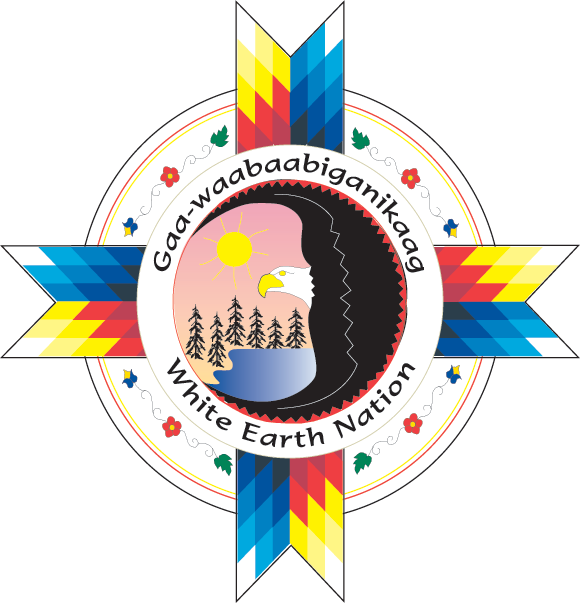Program Information
Staff
Project Manager
Taylor Soyring
Phone: (218) 935-6249
Email: Taylor.soyring@whiteearth-nsn.gov
Project Assistant
Aleisha Fox
Phone: (218) 935-3783
Email: Aleisha.fox@whiteearth-nsn.gov
Curriculum Developer
Tracy Diefenbach
Email: tracy.diefenbach@whiteearth-nsn.gov
About White Earth's IEFA Program
The White Earth Indigenous Education for All (IEFA) project is part of a statewide initiative dedicated
to ensuring that all K–12 students, educators, and administrators in Minnesota learn about the
history, culture, teachings, and contemporary contributions of the White Earth Nation. The primary
goal is to provide accurate, tribally endorsed education that reflects both the historical and
present-day experiences of White Earth Nation.
IEFA is being developed in collaboration with Minnesota’s Tribal Nations and the Minnesota
Department of Education (MDE) to create and share tribally centered curricular resources. These
materials will support the implementation of Minnesota’s required academic standards, which
include the contributions of Tribal Nations and Urban Indigenous Communities.
Curricular content will include, but is not limited to:
- Anishinaabe Tribal histories
- Indigenous languages Anishinaabemowin or Anishinaabe Language
- Sovereignty and treaty rights
- Socioeconomic experiences
- Contemporary issues and current events
To ensure educators are well-prepared to teach this content respectfully and effectively, IEFA will
offer guidance, professional development, and culturally grounded training. As part of this
effort, teacher resource boxes are being developed—hands-on kits containing relevant materials,
lesson plans, books, and classroom tools. These will be distributed to schools across Minnesota to
enhance classroom engagement and provide educators with tangible, tribally informed resources.
A core component of IEFA’s mission is to collect, organize, and share Indigenous knowledge with
the broader community in respectful, accessible, and sustainable ways. This work aims to preserve
vital information for current and future generations. To support this, IEFA is developing a digital data
storage system. This system will house photos, videos, scanned documents, and other significant
materials. Once completed, it will serve as a central hub for storing and sharing the knowledge
gathered through the project.
Community Involvement Through Cultural Skill Sharing and Storytelling
IEFA invites community members to participate in preserving Anishinaabe knowledge by sharing
their cultural skills and stories through recorded interviews. Volunteers are encouraged to
demonstrate traditional practices—such as wild rice harvesting and parching, plant use and
identification, hunting and fishing, basketmaking, beading, sewing, and quillwork—while explaining
each step of the process. Participants should be comfortable being recorded and have the
necessary tools for their demonstration. In addition to skills, community members are welcome to
share personal stories related to culture, language, historical events, nature, or life growing up in
their community. These recordings will help preserve and pass on valuable knowledge for future
generations. A stipend is available for those who contribute their knowledge and skills to this effort.
IEFA Advisory Group
The Indigenous Education for All (IEFA) Advisory Group offers a meaningful opportunity for
community members to actively shape and support the development of tribally informed education
in Minnesota. This group brings together Tribal representatives, educators, cultural knowledge
keepers, and community members to provide guidance, share insights, and ensure that the IEFA
project remains grounded in Anishinaabe perspectives and values. By participating in the advisory
group, community members can contribute their voices, experiences, and expertise to help create
accurate, respectful, and impactful educational resources for all Minnesota schools. The group
meets regularly to discuss curriculum development, resource needs, and strategies for community
engagement, making it a vital part of the project’s success.
